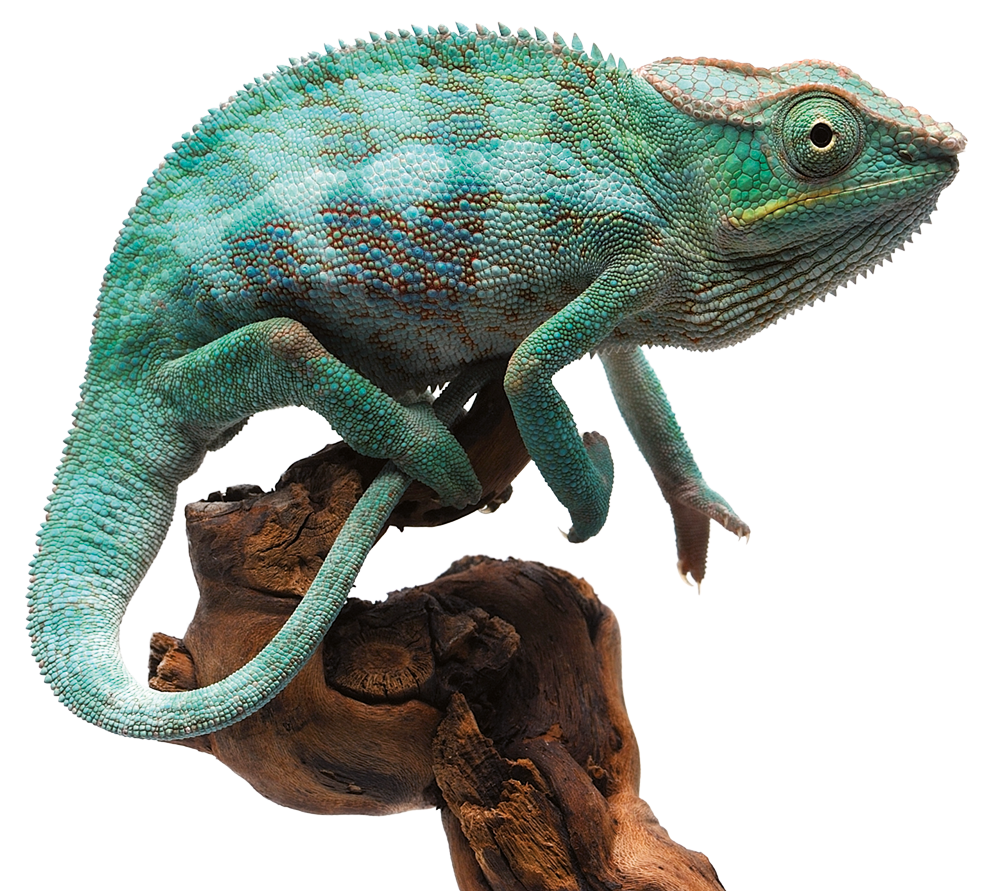
Why ferrets are small mammals but not rodents?
Ferrets are part of the order of the Carnivora. Their dental anatomy is completely different from that of rodents and lagomorphs, and they also have a much shorter digestive system. Even their diets differ drastically from other small mammals', in fact, their diet has a close resemblance to that of a cat.
Ferrets are carnivores as cats and need a large amount of animal ingredients. Animal proteins are an important source of taurine, an essential substance, which, just like arachidonic acid, is not produced by ferrets themselves, so it must be sourced from the food. Their diet should also contain few carbohydrates and simple sugars.
Ferrets have an average life span of 5-8 years and the female ferret (jill) has a pregnancy lasting around 42 days. Young (kits) are born deaf and with their eyes closed until about 3 weeks of age when they also start to walk. Kits can be weaned onto kitten or ferret food by 6 weeks of age.
Ferrets should be vaccinated at 8, 12, and 16 weeks of age against canine distemper, which is a fatal disease in the ferret. A booster and checkup will be required once a year. At 5 years of age a complete geriatric work-up is recommended for the early detection of heart disease and cancer, commonly seen in older ferrets.
We and selected third parties use cookies or similar technologies for technical purposes and, with your consent,
also for other purposes as specified in the .
If you close this banner with a tick or click on "Decline", only technical cookies will be used. If you want to select the
cookies to be installed, click on 'Customise'. If you prefer, you can consent to the use of all cookies, including
cookies other than technical cookies, by clicking on "Accept all". You can change your choice at any time.